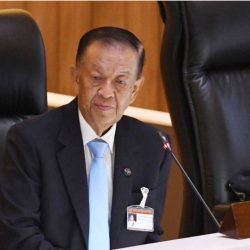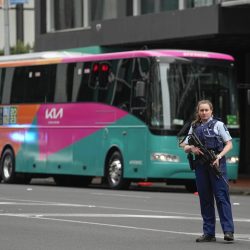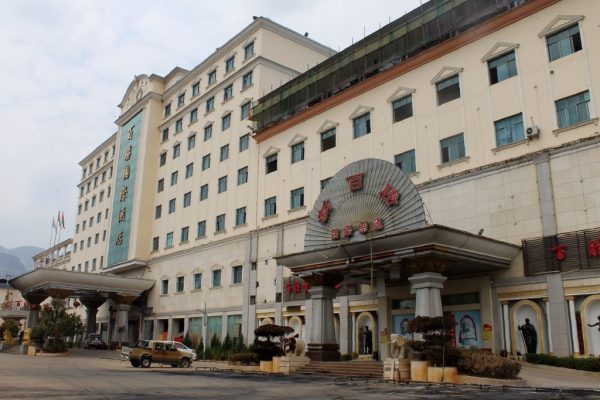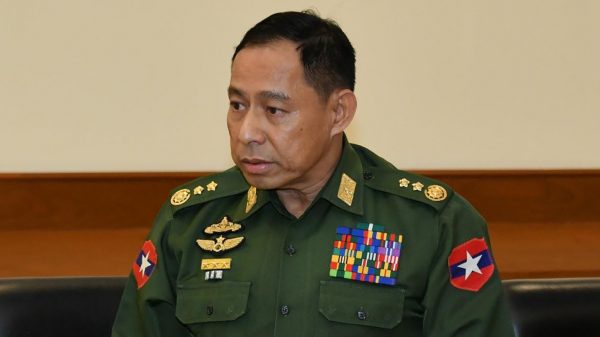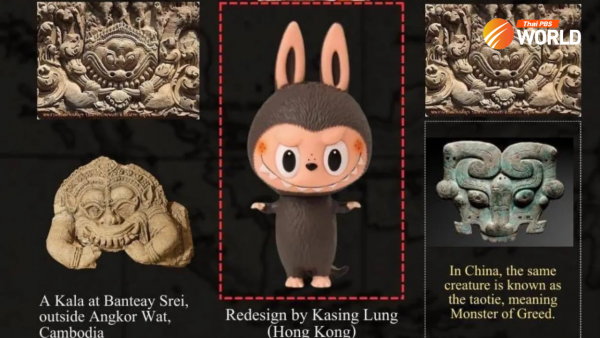Critics question fairness of Cambodia election as PM prepares son for succession
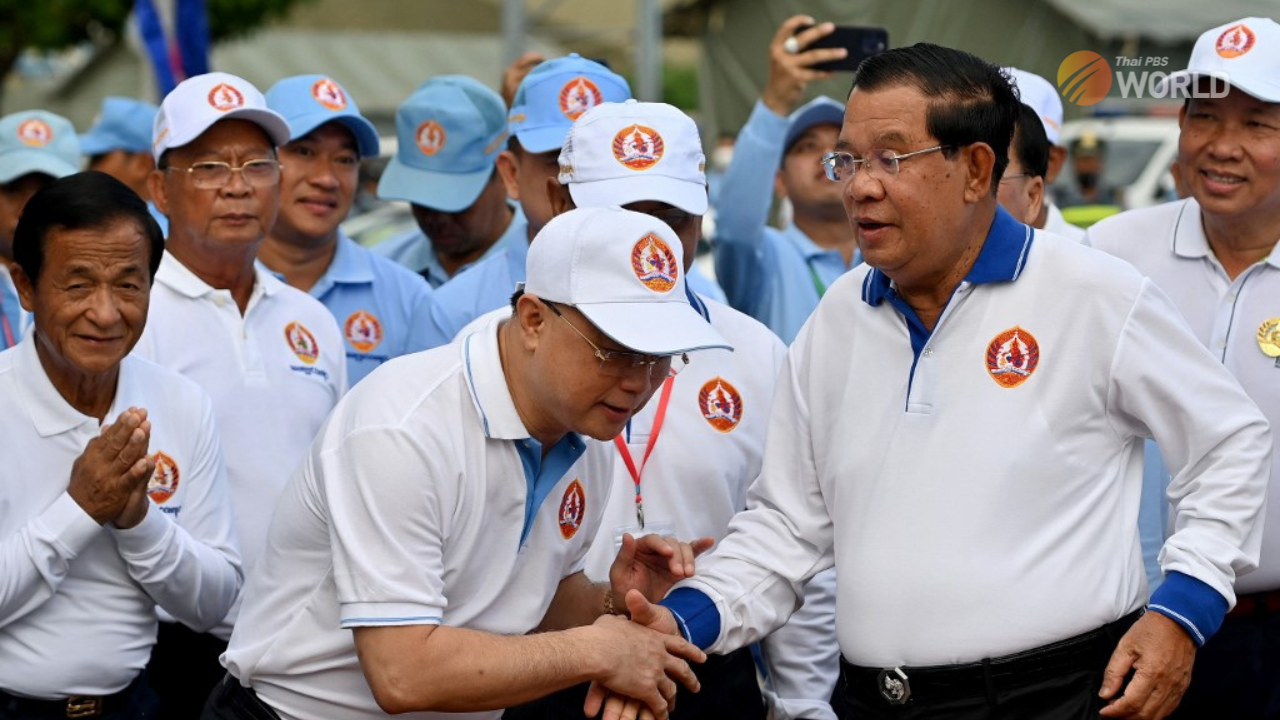
With no clear challenge in sight, the mood around the ruling Cambodian People’s Party (CPP) is festive with song and cheer as they campaign in the streets of capital Phnom Penh before the July 23 general election.
Cambodia’s 70-year-old strongman, Hun Sen, who has ruled the Southeast Asian nation of 16 million for close to four decades has barred the main opposition Candlelight Party (CLP) from the election race as his son, Hun Manet takes the lead in the ruling CPP party list and is widely tipped as his successor.
Eighteen other political parties are taking part in this election, but they are smaller parties such as the royalist Funcinpec and the Grassroots Democratic (GDP) parties, none of them deemed significant to match up against Hun Sen and his party.
“I think Hun Sen didn’t want to fight a two-front battle against opposition and civil society groups that were unhappy with him, and also against people within the ruling Cambodian People’s Party who are unhappy with the way this succession was being planned,” Phil Robertson, the deputy director of Human Rights Watch’s (HRW) Asia Division, told Reuters.
While Hun Sen defends that his party has ensured peace, stability and strengthening of democracy, a CLP spokesman questioned the legitimacy of the upcoming election.
“The participation of CLP in this election is very important, how (else) can we say it is a free and fair election? As you can see in this boring election campaign, ordinary people can see through it,” said party spokesperson Kimsour Phirith.
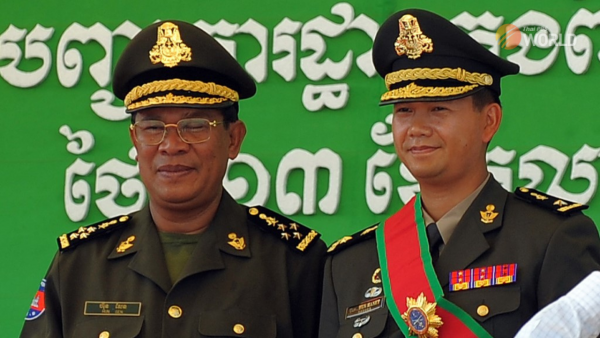
In order to prevent the general public from boycotting the election, Hun Sen last month ordered the rubber-stamp parliament to revise the law so that anyone who does not vote in the general election on July 23 will be barred from contesting in any future election. This amendment draft law is now signed by the king into law.
At the last election in 2018, Hun Sen’s political party won all of the 125-member parliamentary seats in the lower house, having scored 4.8 million votes out of the 6.9 million cast. There are 9.7 million people this year on the registered voting list, according to National Election Commission (NEC) figures.
There have been no overt calls for an election boycott but critics have expressed alarm over what they see as a campaign of intimidation and public threats by Hun Sen and the CPP ahead of an election they are certain to dominate.
Hun Sen’s administration has denied targeting opponents and says it is enforcing the law. The election commission said earlier this month that anyone urging people not to vote would be fined or imprisoned.
Earlier this month, two members of the opposition CLP were arrested for allegedly encouraging people to destroy the ballot, while the electoral body on Monday (July 17) has banned opposition leader Sam Rainsy and 16 other members from voting for 25 years for urging people to destroy ballots.
By Reuters

